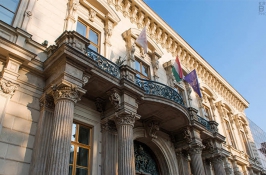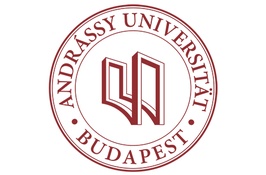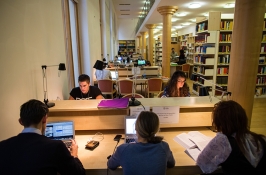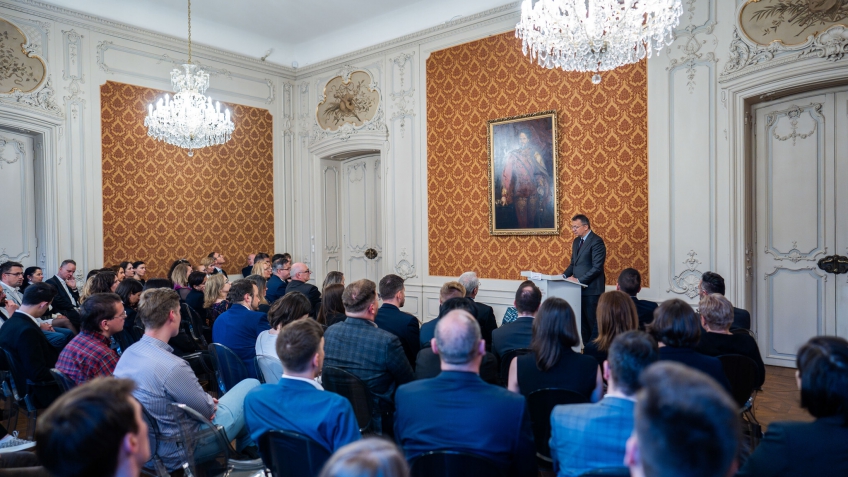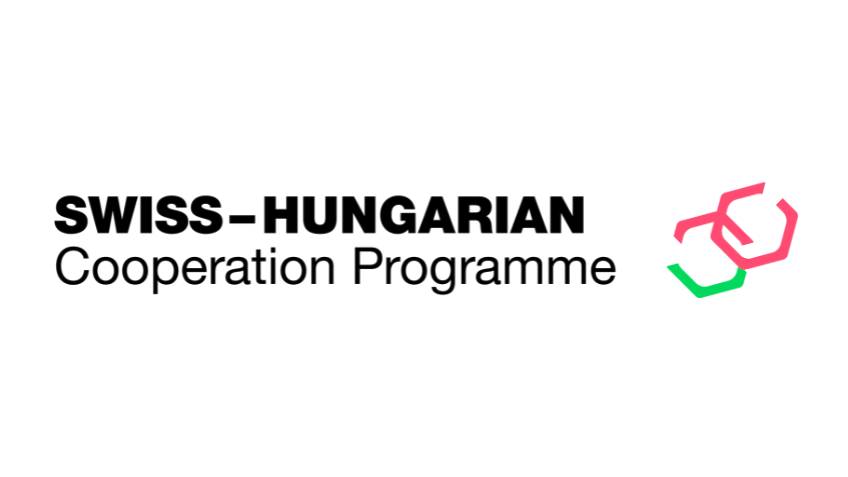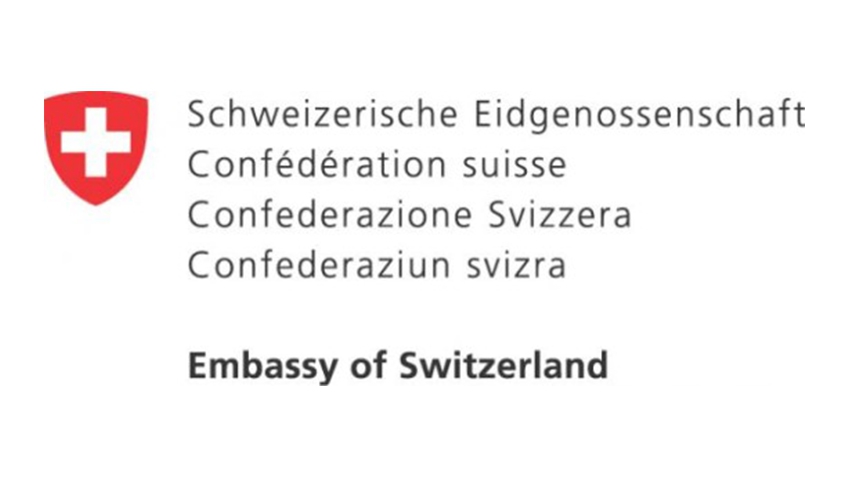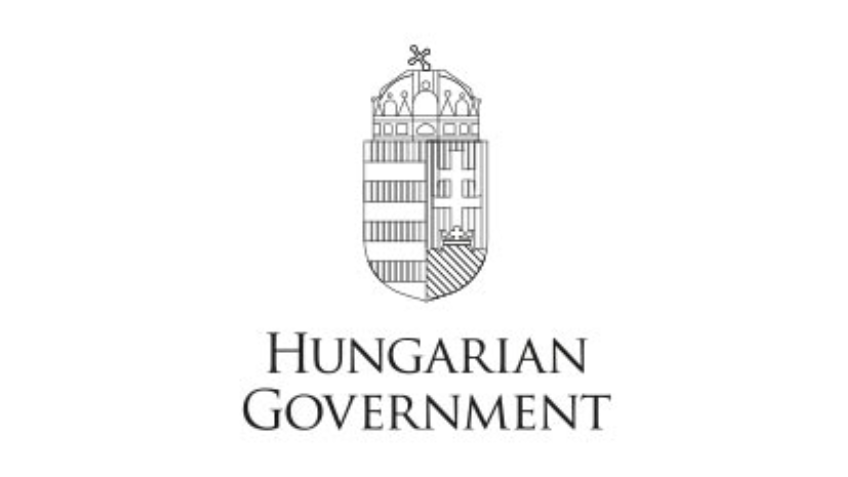On May 7th the Ambassador of Switzerland to Hungary Jean-François Paroz and the Andrássy University Budapest invited to the Carl Lutz lecture by Ambassador Didier Chassot. The event took place in the Andrássy Hall of the University and was moderated by the Vice Rector for Teaching and Students Mrs. Dr. habil. Orsolya Tamássy-Lénárt.
The large number of listeners reflects the tradition of the Carl Lutz lectures at the university. These lectures are held in honor of the Swiss Vice-Consul Carl Lutz, who saved thousands of persecuted Jewish Hungarian citizens during the Second World War. His actions in the context of his diplomatic service and his moral obligation serve as an appeal to civil courage, especially in internationally challenging times.
After the Vice-Rector’s welcoming words, Ambassador Paroz welcomed the audience by highlighting the existing lively relations between the Andrássy University and the Swiss Embassy in their joint commitment to promote dialogue on international affairs. He further states that such an event is made possible by the framework of the third annual meeting of the Swiss-Hungarian cooperation programme under the Second Swiss Contribution for the reduction of economic and social disparities. After that he presented the keynote speaker’s impressive career path:
Didier Chassot is since October 2024 the Head of Middle East and North Africa - Europe Division (MENA-Europe) and also the Assistant Director General of the Swiss Agency for Development and Cooperation (SDC). He started his career as a delegate of the International Committee of the Red Cross in the former Yugoslavia and Angola. After that he joined the Swiss Federal Department of Foreign Affairs and became the Swiss Ambassador in Venezuela and Tanzania. In his current work, he is actively involved in shaping Swiss international cooperation, particularly in Eastern Europe, and is making an important contribution to eliminating adjustment difficulties in mutual exchange.
Chassot began his speech by asking what current state our continent reflects and especially what future state it will have from the Swiss perspective. In this context, he presented the structure of the Swiss state and derives from it generally valid and advantageous approaches for a strong and future-proof Europe.
This includes in particular the sovereignty of Switzerland, which he describes as a practical instrument rather than a political ideal. This instrument enables the development of a national identity and thus also the possibility of tackling collective cooperation more intensively and benefiting from the results. He also emphasizes the Swiss principle of dialogue and consensus, which allows everyone to be heard and considered. Equality before the law is a prerequisite for the functioning of every state, including the EU.
He emphasizes that consensus does not mean that everyone is completely happy with a decision, but rather “that is perhaps not the best for anyone, but that is good enough for everyone.” Chassot also says that in addition to the output, the quality and transparency of the process are most important for mutual trust.
Switzerland's role in the European Union is that of a reliable and indispensable partner in the economy, but above all on the basis of fundamental values and also a strategic necessity. In this context, Switzerland is also extending its financial contributions to EU cohesion. It will provide approximately 1.4 billion Euro to selected EU member states in the form of specific projects to promote development and innovation until 2029. The Andrassy University also benefits from these funds and is one of ten such Swiss projects in Hungary that will help the AUB to establish an international research center and strengthen its academic resources.
He set the view back to the greatest challenge for Europa to face in the near future - economic stability. The current foundation is based on economic interdependence, which will continue to be essential for a strong economic position in the global community. He emphasizes the growing economic relations between Switzerland and Hungary and highlights the mutual benefits in existing markets.
In addition to the social subsystems, the already mentioned fundamental values of the European orientation are particularly worthy of protection. Chassot describes this appropriately: “the preservation of cultural heritage must be balanced with a commitment to unity and mutual respect. “
Chassot made it clear, Switzerland is an important part of Europe and one of the EU's most important partners. It is both a donor and a recipient and will continue to pursue its goals and promote cohesion to the best of its ability.
After the lecture and the subsequent discussion with questions from the audience, the exchange continued in the ambience of the Andrassy Hall with a buffet and good wine.
This event was organised within the framework of the Changing Orders Research Programme, a comprehensive project supported by the Swiss Contribution with the national co-financing of the Hungarian Government. The lecture was realised with the kind support of the Swiss Embassy.
Lisa HISS

 STUDIERENDE
STUDIERENDE


 ETN
QuickLinks
Kontakt
ETN
QuickLinks
Kontakt
 Stipendien
Stipendien
Studiengänge
Promovieren an der AUB
Bewerbung
Alumni
Stipendien
Stipendien
Studiengänge
Promovieren an der AUB
Bewerbung
Alumni
 Web Feedback
Veranstaltungsnewsletter
Web Feedback
Veranstaltungsnewsletter
